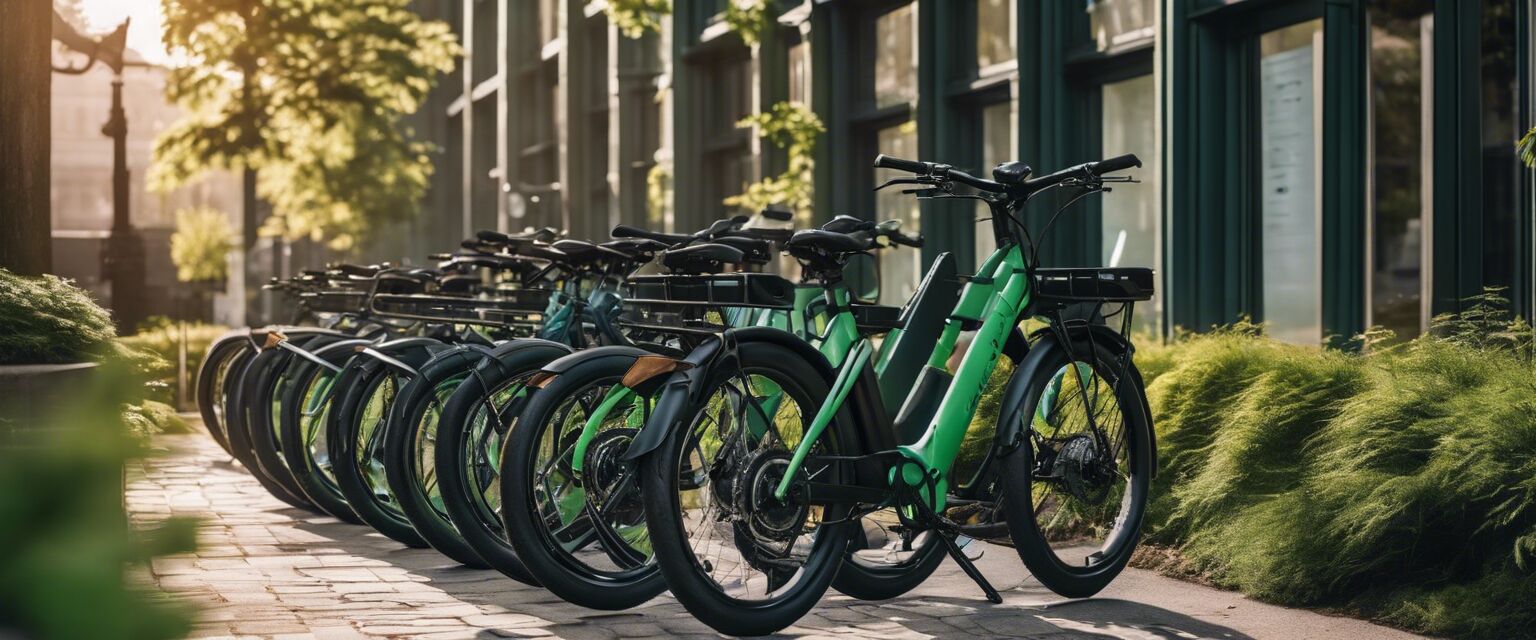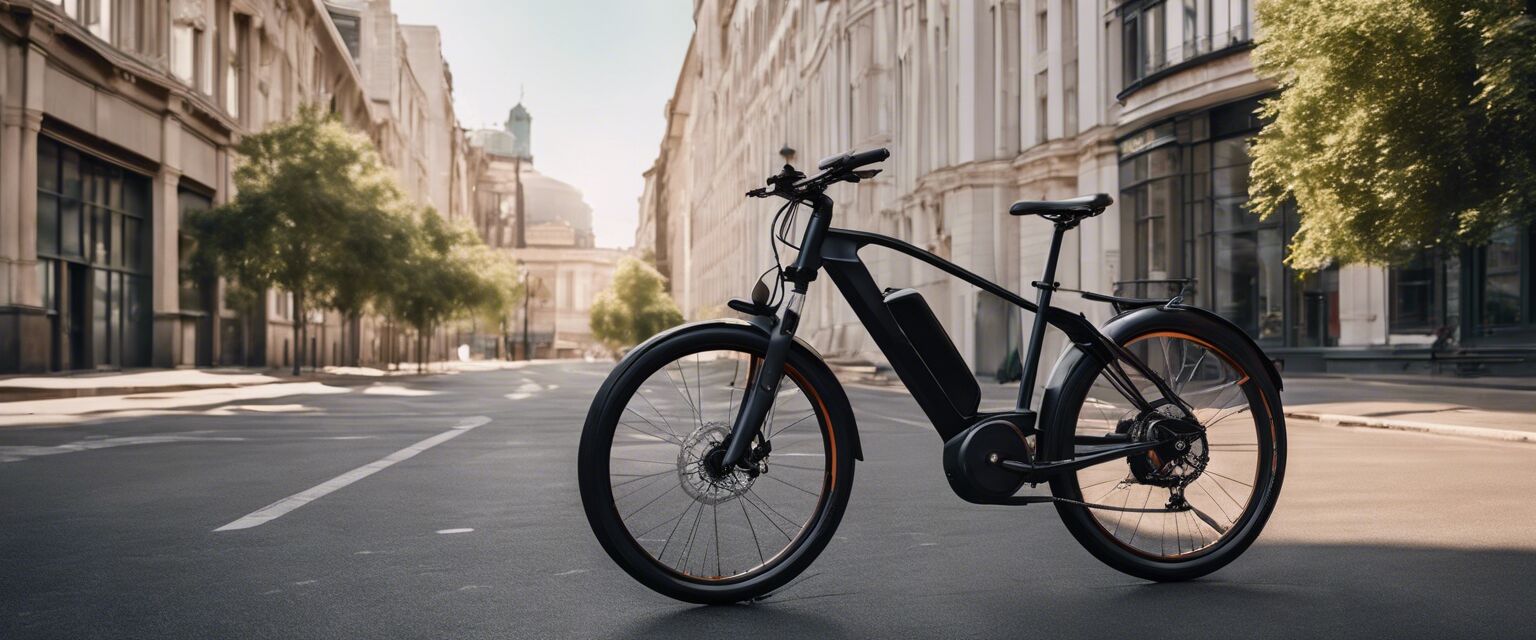
eBike Environmental Impact
Key Takeaways
- eBikes significantly reduce greenhouse gas emissions compared to cars.
- They promote sustainable urban transportation solutions.
- eBikes are efficient in energy consumption, requiring less energy per mile.
- The production of eBikes has a smaller environmental footprint than cars.
As urban areas continue to grow, the need for efficient and environmentally friendly transportation options is becoming increasingly critical. eBikes have emerged as a viable solution for urban commuters, offering numerous environmental benefits. This article dives deep into the positive environmental impacts of using eBikes for commuting and how they can contribute to a sustainable future.
The Environmental Benefits of eBikes
Switching from traditional motor vehicles to eBikes can significantly benefit the environment. Here are some of the key areas where eBikes excel:
| Aspect | eBikes | Cars |
|---|---|---|
| Greenhouse gas emissions | Low (0.002 kg CO2/km) | High (0.404 kg CO2/km) |
| Energy consumption | 0.04 kWh/km | 0.75 kWh/km |
| Maintenance impact | Minimal | High (road wear, pollution) |
| Space usage | Less space needed | Requires parking lots |
Lower Carbon Footprint
eBikes produce a much lower carbon footprint than traditional cars, making them a healthier choice for the planet. The carbon emissions associated with eBike use are primarily from electricity production, which can be further reduced when using renewable energy sources.
Efficient Energy Use
eBikes use significantly less energy than cars, making them a more sustainable option for transportation. Hereâs a detailed comparison:
| Transportation Method | Energy Required (kWh per 100 km) |
|---|---|
| eBike | 1.5 |
| Car | 15 |
| Public Transport (Bus) | 5 |
Reduction of Urban Congestion
As more people opt for eBikes to commute, the number of cars on the road decreases, leading to less traffic congestion in urban areas. This shift helps reduce emissions from idling vehicles and promotes a healthier urban environment.

Promoting Sustainable Practices
Incorporating eBikes into everyday life fosters a culture of sustainability. They encourage individuals to engage in eco-friendly practices and may inspire further improvements in urban cycling infrastructure.
Examples of Sustainability Practices
- Using recyclable materials and sustainable manufacturing processes for eBikes.
- Hosting community rides and events to promote cycling.
- Implementing eBike-sharing programs.
- Investing in safe cycling pathways.
Battery Environmental Impact
While the production of lithium batteries for eBikes does have an environmental impact, advancements in battery recycling and management are underway. Here is how eBike batteries compare with traditional car batteries:
| Feature | eBike Batteries | Car Batteries |
|---|---|---|
| Recyclability | High | Moderate |
| Longevity | 700-1000 cycles | 300-800 cycles |
| Production impact | Lower than cars | High |
FAQs About eBike Environmental Impact
How do eBikes contribute to reduced air pollution?
By replacing cars for shorter trips, eBikes decrease the amount of harmful emissions released into the atmosphere, improving air quality.
What are the social benefits related to eBike usage?
In addition to environmental benefits, eBikes promote physical activity and a community-oriented lifestyle by encouraging cycling and outdoor activities.
Are eBikes a feasible option for urban commuters?
Absolutely! The lightweight design and electric assistance make eBikes easy to navigate through busy city areas, reducing commute times.
Conclusion
The transition to eBikes for commuting presents significant environmental advantages. Not only do they reduce greenhouse gas emissions and energy consumption, but they also promote sustainable practices and contribute to the overall health of our urban landscapes. By embracing eBikes, we take a step towards a greener, more sustainable future.
Pros
- Lower emissions and energy consumption compared to cars.
- Reduced urban congestion.
- Encourages sustainable living practices.
- Health benefits due to increased physical activity.
Cons
- Initial purchase cost can be higher than traditional bicycles.
- Battery disposal and recycling challenges.
- Limited range compared to cars.
- Weather dependency for commuting.

Explore More About eBikes
- Compact eBikes for urban mobility.
- Cost-effective eBikes to save money.
- Eco-friendly eBikes for a sustainable choice.
- High-performance eBikes for those who crave speed.
- Long-range eBikes for extended journeys.









